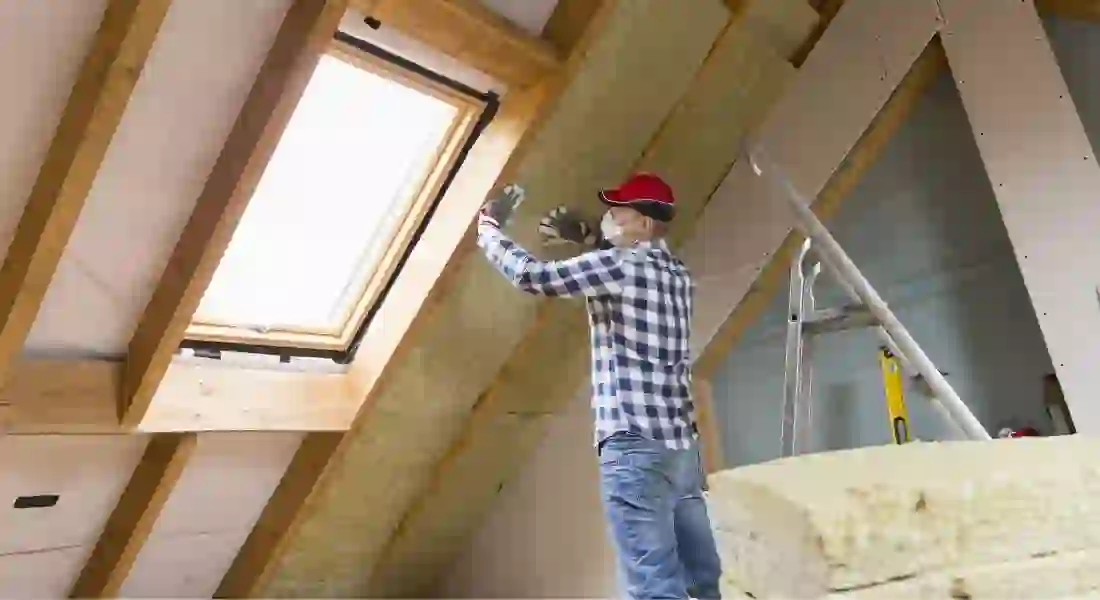The best Foam Insulation Company should suffer from no shortage of complaints because all the seasons might bring in a serious rise in temperature, particularly indoors, making individuals unable to bear it; however, with a Foam Insulation Company from Riyadh, you won’t suffer from that particular issue. That’s because the company is committed to providing clients with quality insulation that does its job to keep your family warm during cold seasons as well as keep them cool during hot months. But how does a company earn such a high reputation? What do experts and critics say about their products? Read on and find out.
A Foam Insulation Company from Riyadh understands that different clients have different requirements when it comes to liquid or solid foam insulation. Some need only a very slight amount of liquid and others require a thicker liquid. When it comes to thickness, some say it doesn’t really matter, since a thin layer of foam will work just as effectively as a thicker one on certain surfaces.
But what if high temperatures are part and parcel of your life? Then it’s quite obvious that liquid or solid foam insulation materials won’t be suitable for you, since they’re not good at preventing high temperatures. The same goes for roofs and walls, both of which are commonly used in Saudi Arabia as home and commercial spaces. With roofs and walls, the required thickness of insulation materials is usually two inches thick. However, there are other situations where such thicknesses might not be enough and where additional layers are needed.
In fact, in certain Saudi industries, it’s not uncommon for one to have to apply and mix additional layers of liquid foam insulation materials on surfaces that aren’t just lightly coated. For example, in various factories that make residential roofs, tiles and even membranes, the required liquid level can reach up to six inches. Such roofing surfaces are normally exposed to high temperatures from the hot air generator and other machinery that are present within the factory.
At higher temperatures, the applied foam insulation polyurethane starts to expand. This expansion leads to internal pressure inside the building, which eventually leads to cracks. These cracks, in turn, allow rain and moisture to seep through and cause damage to the building’s interior. The cracking can eventually lead to damages to the facade of buildings. In this respect, it’s not uncommon for buildings located in relatively temperate climates to have to replace their foam insulation polyurethane roof with one comprised of materials that can resist heat flow.
The same principle applies to areas that are usually subjected to intense weather, especially during the summer months. The intense weather usually makes the soil’s surface hotter than the surrounding air. As a result, the thermal insulation layer on the soil is also pushed upwards and, thus, forced to expand. If it becomes damaged, or if it’s simply cracked, then the expansion of the liquid foam insulation polyurethane can cause intense damage to the roof, as well as to the integrity of the building’s facade. Foam insulation companies in Riyadh can help you protect your investment in these types of roofs.
Extreme temperatures typically characterize wet or damp surfaces, such as those that are located beneath the surfaces of structures, including homes, commercial buildings and commercial vehicles. During the rainy season, moist surfaces are typically characterized by cracked, blistered or dried-out components. In cases where the temperature is high enough to characterize wetness or dampness – even though it may be summer – then the liquid foam insulation materials will be particularly susceptible to being damaged. Because of this, it’s a good idea for businesses to have their roofs evaluated by roofing specialists.
High temperatures are typical during the wintertime in Saudi Arabia. The high temperatures typically cause the surface to become dry and cracked, while the cold temperature causes frost to develop. In cases where there is a combination of high temperatures and low humidity, or in which the temperature of the air surrounding the buildings is higher than the surface temperature – for an extended period – the moisture will seep into the building, causing problems with structural soundness and even leading to moisture seepage into the interior of the building. In order to prevent such problems from developing, the best option is to get the services of a professional roofing contractor who is familiar with the characteristics of both high temperatures and low humidity, and the problems that occur when these characteristics are combined.
More information https://www.chipshome.com

